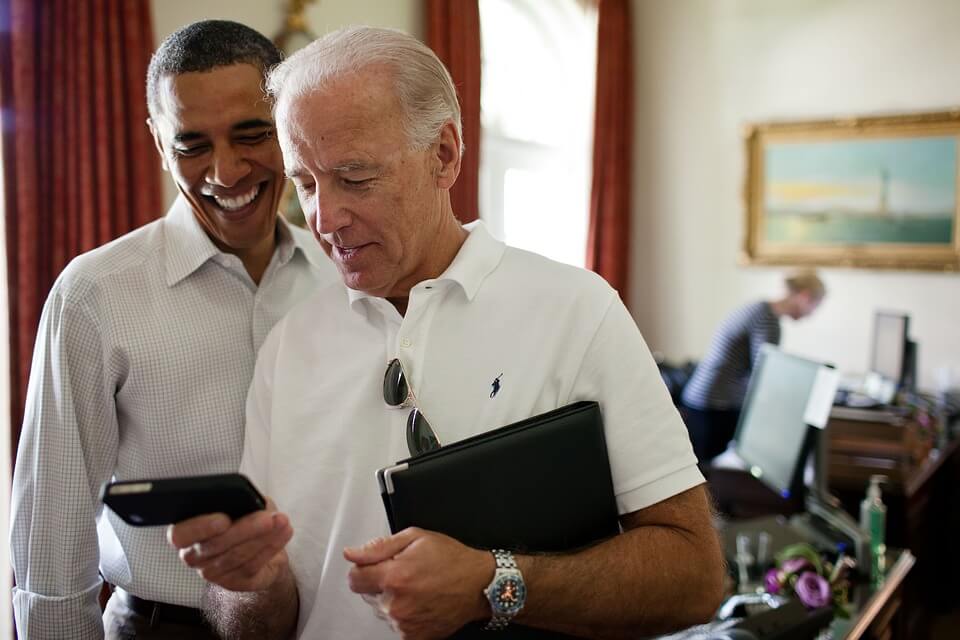Problems to Solve – You Need a Holiday!

“Old Man Winslow: Congratulations, Robin. I’d like you to start on this immediately.
Christopher Robin: Thank you very much, sir. I look forward to it. But first, I’m going to be doing nothing for a while with my family.
Old Man Winslow: Because when you do nothing it leads to the very best of a something. Did I get that right?
Christopher Robin: Close enough, sir.
Quotes from ‘Christopher Robin Movie (Disney 2018)
Imagine giving such a response to your boss when they offer you a promotion or to take the lead on a strategically significant project for your Government agency. Imagine saying “sure, I’ll get onto that as soon as I’ve had a vacation with my family!” Too often we fear that such a statement will lead to such a career-changing offer going towards someone else. We fear that it sends the wrong message! Does it though? The simple answer is that it does not necessarily have to be sending a negative message and creative leaders most likely know this!
Consider the other way in which that answer could be stated. You could imagine saying: “sure, I’ll get onto that as soon as I’ve had a vacation with my family because I value my work and I value my family and the support they give me!” It might surprise some to know that such a sentiment puts you in good company.
Vice-President Joe Biden, upon becoming Vice-President of the United States of America, issued the following instructive memo to his staff. Dated November 7, 2014, the Vice-President wrote:
“To My Wonderful Staff,
I would like to take a moment and make something clear to everyone. I do not expect nor do I want any of you to miss or sacrifice important family obligations for work. Family obligations include but are not limited to family birthdays, anniversaries, weddings, any religious ceremonies such as first communions and bar mitzvahs, graduations and times of need such as an illness or a loss in the family. This is very important to me. In fact, I will go so far as to say that if I find out that you are working with me while missing important family responsibilities, it will disappoint me greatly. This has been an unwritten rule since my days in the Senate.”
Jimmy Fallon Tonight (2016) ‘Vice President Joe Biden Insists His Staff Put Family First’


Simply, taking leave and strategic problem solving are two sides of the same coin.
It turns out that Joe Biden may well have been onto something. The Harvard Law School conducts the ‘Program on Negotiation’. In a recent report ‘What is the Difference Between Leadership and Management? (Successful Leadership Strategies from Harvard’s Program on Negotiation)’, the humble vacation was seen through the eyes of a negotiation.
The report found that:
“When we think of negotiation, we tend to picture a formal, painstaking dealmaking process with individuals or a team from outside our organizations. Yet every workday, we engage in seemingly small but significant negotiations with our coworkers over issues such as project assignments, departmental funding, and vacation requests. If a serious conflict arises from one of these negotiations, it becomes difficult for us to stay focused on our jobs, and the organization can suffer. Here are several targeted negotiation strategies to help you address dysfunctional conflict in the workplace, both as an employee and as a manager” (Bazerman, M., Blum, G., Et. Al (Eds). (2015). What is the Difference Between Leadership and Management? (Successful Leadership Strategies from Harvard’s Program on Negotiation).
In another piece of related research into ‘Leading with Creativity’ at Cornell University, course authors: Dr. Judi Brownell, Professor, School of Hotel Administration, Cornell University and Dr. Florence Berger, Professor Emeritus, School of Hotel Administration, Cornell University make the following observation when discussing the importance of ‘Mental Free Time’ in coming up with creative solutions.
“Creative leaders make particular use of two techniques for doing this: letting your unconscious mind work on the problem and thinking about it consciously in small slices of time when you’re physically occupied doing something else…It’s often productive to step away from it for some hours or days, even weeks, before considering it again. During this interval, your unconscious mind will be aware of the problem and working on it. This is what’s usually happening when an idea or a solution occurs to someone “out of nowhere,” when they’re walking down the street or taking a shower…These can be short intervals, such as when you have to wait a few minutes before an appointment. They can also be substantial, as on a long commute. Some people find it particularly useful to think over their creative challenges while they’re doing something that requires physical activity but not all of their attention, such as exercising or mowing the lawn. In this way, you can constantly revisit whatever you’re working on in a variety of circumstances. It may even happen that something you encounter while riding in an elevator or taking a bath will spark the connection that solves your problem!” (Brownell, J., Berger, F. (2012). ‘LSM507: Leading Through Creativity’. eCornel; Ithaca, New York. p20).
In short, Old Man Winslow, quoting Christopher Robin who was citing the wisdom of Winnie the Pooh, summarizes it very succinctly. “When you do nothing it leads to the very best of a something.”
How does this impact the average employee or a manager or leader in a government agency? Simply, quite a lot.
From the perspective of an employee, a vacation is an opportunity to change the daily environment that the employee encounters throughout the working week. It is a chance to reconnect with family, banking important time credits that invariably get drawn on throughout those high-pressured times of the year when work seems to dominate life. A very important side note here is the fact that these ‘time credits’ should be preserved as far as possible. It should be treated as valuable as Gold Bullion held by a Reserve Bank to underpin a currency. It is not meant to be currency but is held in reserve to maintain the value of family relationships. The holiday invariably becomes a space in which many problems can be reflected upon and solved, personal and professional. Often it is when you have had the opportunity to de-clutter the issues in your personal life that you can more clearly see the issues at work in professional problems that need to be solved. The holiday effectively becomes a massive block of ‘mental free time’, in which locksmiths, keys that are the springboard to an ‘Aha’ moment, make themselves known.
Creative leaders know how to use locksmiths effectively. These are triggers that work with your subconscious mind, allowing it to make connections not previously made. This could be the contents page of a textbook, a line from a movie (such as Christopher Robin), or a phrase from a novel or research paper that you are reading.
For example, a school decides to introduce eLearning school-wide, with all students having their own device. This is presented to parents as a way of future proofing their child and their education and there is some truth in that. However, the school leaders in this example, think that the mere presence of computers in a classroom is an end in itself. Before long, they realize they need to honor their commitment to the parents and a solution is needed. On a holiday you may have a conversation with someone and suddenly an idea comes to you. Alternatively, one of the school leaders during the school vacation period reads: David Ivers (2014) Leadership: Beyond the Challenge
“In short, those same students that start school in 2014, will be the parents of the generation of leaders that will knock on the door of the twenty-second century.”
For a school leader wrestling with an issue of how to make effective use of expensive technology, often subsidized by parents, to provide the education that had been promised, this passage may lead to their ‘Aha!’ moment. Suddenly they realize what the end is that the teachers need to be working toward and gives a direction for the redevelopment of the school’s curriculum. Suddenly, for the administrator, everything falls into place and they have the tools needed to pursue the matter at the School District level. That is the power of locksmiths.
At the organization level, it is very important for the senior leadership team, especially at the C-Suite level to remember the top 5 issues in ‘Job Happiness’.
According to the 2016 ‘Indeed.Com’ 2016 Job Happiness Survey, the top 5 considerations when it came to ‘Job Happiness’ were:
- Work-Life Balance
- Management
- Culture (of the workplace)
- Job Security and Career Advancement
- Compensation and Benefits.
A cursory glance at this list would suggest that ensuring employees take at the very least, leave that they are entitled to, will go a long way towards addressing the top 5 issues in ‘Job Happiness’. Link that to ensuring that the organization is addressing the important, strategic issues in a timely, effective and when required, creative manner and it should suddenly become obvious to the astute C-Suite Leader, that an employee vacation is a problem-solving tool and an investment in the future of the organization. Simply, taking leave and strategic problem solving are two sides of the same coin.

CAREER ADVICE

GOV TALK




